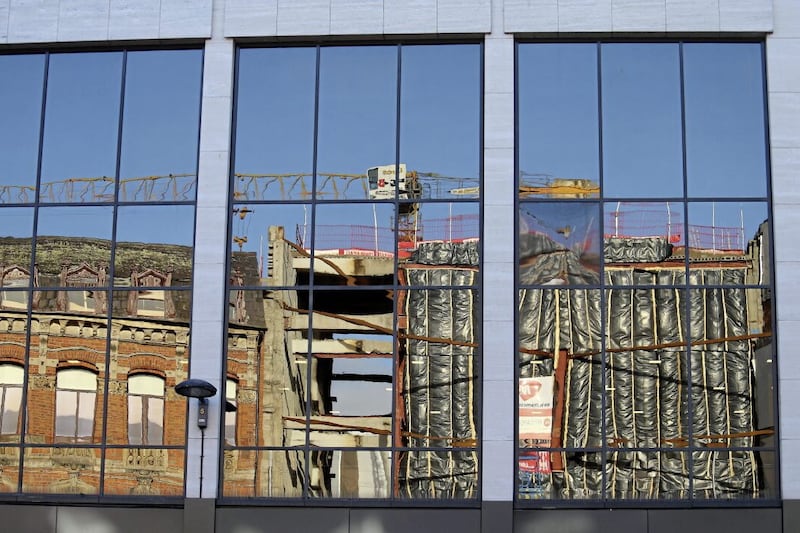THE built environment globally has a lot to answer for, contributing almost 40 per cent of Co2 emissions every day. Now is the time to make our built environment a sustainable one, with the biggest challenge being for existing and ageing buildings.
We’ve seen progress in some aspects of the built environment, including in commercial property, but it’s safe to say that we need a bigger drive to become more sustainable.
The rate of advancement needs to accelerate and become more widespread. In the most recent RICS sustainability report it was noted that there has some improvement in the push for sustainability, and notably in the commercial real estate sector as demand for green buildings continues to rise albeit modestly.
There is no doubt that environmental, social and governance (ESG) propositions will drive value in a property portfolio by delivering real operating cost reductions, presenting opportunities for wider economic support and better lending terms; as well as attracting stronger covenant end users and tenants who appreciate the long-term impact of sustainability and ESG in their built environments.
We recognise that investors are becoming more aware and conscious of energy performance and in our bid to decrease our carbon impact, Rics has implemented the International Building Operation Standard (IBOS) framework as a new approach to measure and manage how buildings perform for people through data. IBOS is set to support organisations in attracting people back to the workplace, by delivering confidence for end users that the building they’re in is supporting their wellness, and benchmarking success against driving down the commercial sector’s carbon footprint.
Evidence suggests that behaviour change is happening with higher rents and prices being seen for more sustainable properties and climate risk assessments by investors on their built assets rising across the Northern Ireland.
Government policy will prove to be crucial in building a sustainable future. Higher building performance standards and building codes can help the industry move forward. This is already high on the agenda for the UK government. The International Labour Organisation estimates that a shift to greener economy could create 24 million jobs globally by 2030, an important statistic for policymakers to think about, and not just benefitting our environment, but also the local economy.
Commercial property also has a key role to play in driving economic growth, and Rics is calling on our political parties in Northern Ireland to prioritise bringing about positive change in the built and natural environment to support this.
We want to build a sustainable future for generations to come, and with that there is more evidence surfacing that buildings with green features are depreciating less quickly than those without. In investing in sustainability, we’re investing in a longer lasting future.
The Royal Institution of Chartered Surveyors (Rics), as a professional body for surveyors across the Northern Ireland and beyond, will continue to promote research and demand policy changes while working in collaboration with industry, governments and professionals to increase the impact of the built environment on positive climate strategy
:: Garrett O’Hare is a member of the NI regional board at Rics, which promotes and enforces the highest professional qualifications and standards in the development and management of land, real estate, construction and infrastructure.







